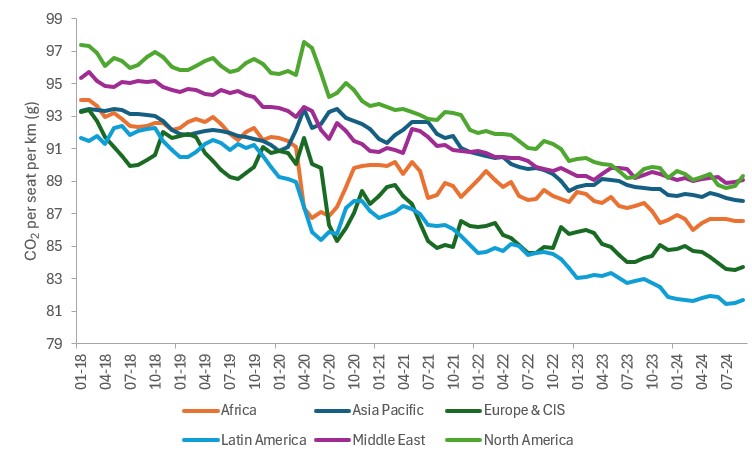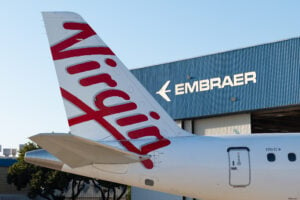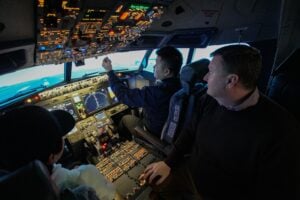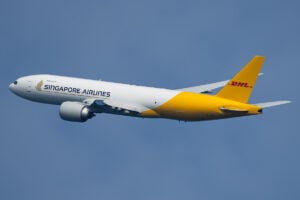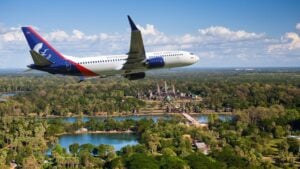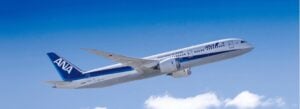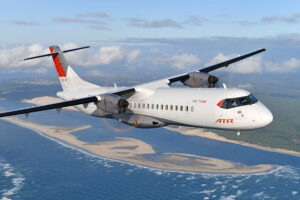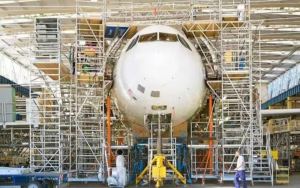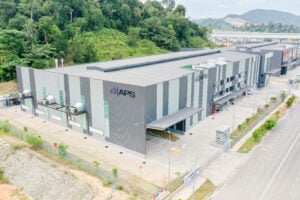Aviation market intelligence firm IBA has reported a notable decrease in CO2 emissions per Available Seat Kilometre (ASK) globally compared to pre-pandemic levels. According to the company’s latest data, global aircraft efficiency has seen significant improvement, with CO2 per ASK dropping between 4.1% and 10.1% from 2019 to 2024 as airlines continue to modernise their fleets with more fuel-efficient aircraft.
Regionally, Latin America has achieved the highest improvement, with CO2 emissions per ASK decreasing by 10.1%—from 90.9g in 2019 to 81.7g in 2024. In contrast, Asia-Pacific recorded the smallest reduction, showing only a 4.1% decline over the same period, from 91.8g in 2019 to 88.1g in 2024. Europe’s emissions also saw fluctuations, ultimately achieving a 6.9% reduction by 2024, dropping from 90.5g in 2019 to 84.3g in 2024.
Jennifer Stanley, ESG Manager at IBA, stated, “IBA’s latest data demonstrates that aircraft fuel efficiency is improving due to better technology and operational practices. However, discrepancies exist between countries due to varying investments in new aircraft as a result of regulatory environments and economic factors.”
This data was gathered using IBA’s NetZero platform, including its IBA NetZero Reporting tool. The IBA NetZero Reporting tool enables users, including investors and financial institutions with limited access to actual fuel burn data, to effectively monitor and report emissions at the airline, aircraft, or portfolio level. It offers a wide range of measurement metrics, such as well-to-wake CO2e and fuel burn, allowing users to easily track their sustainability targets with precision.

